Upgrading public transportation has been proven to be the greatest return of investment for cities. Focusing on multi-modal transportation needs for everyone, not just drivers, improves the quality of life for all citizens. A few of the interesting points Uncle Todd made were how there are more traffic fatalities in sprawled cities than in population dense cities, homes in walkable neighborhoods hold their value better than those in the suburbs, and how many planners value "car storage (ie. parking lots/spaces)" over all else. I remembered thinking back to buying our house three years ago, we refused to look at places that we could not bike/walk to cover our basic needs--getting to work, getting our groceries, and getting to my parents' house. We didn't consciously think about getting a home that we would be able to stay in if/when we became infirm, impoverished, or non-drivers, but somehow, we managed to secure a place that does. And now, as we begin to take the steps to finally become car-free, I am eternally grateful that we did. My Uncle Todd has been car-free for over 10 years, stemming from a broken car that was never replaced. Since then, they have funded their children's higher education from their savings and have not had any problem getting around--between bikes, walking, and taxi credit cards, they have never missed having a car in their driveway.
Now, I'd love to hear any questions/concerns you might have about going car-free, just to make sure I can answer them all...Ready, go!

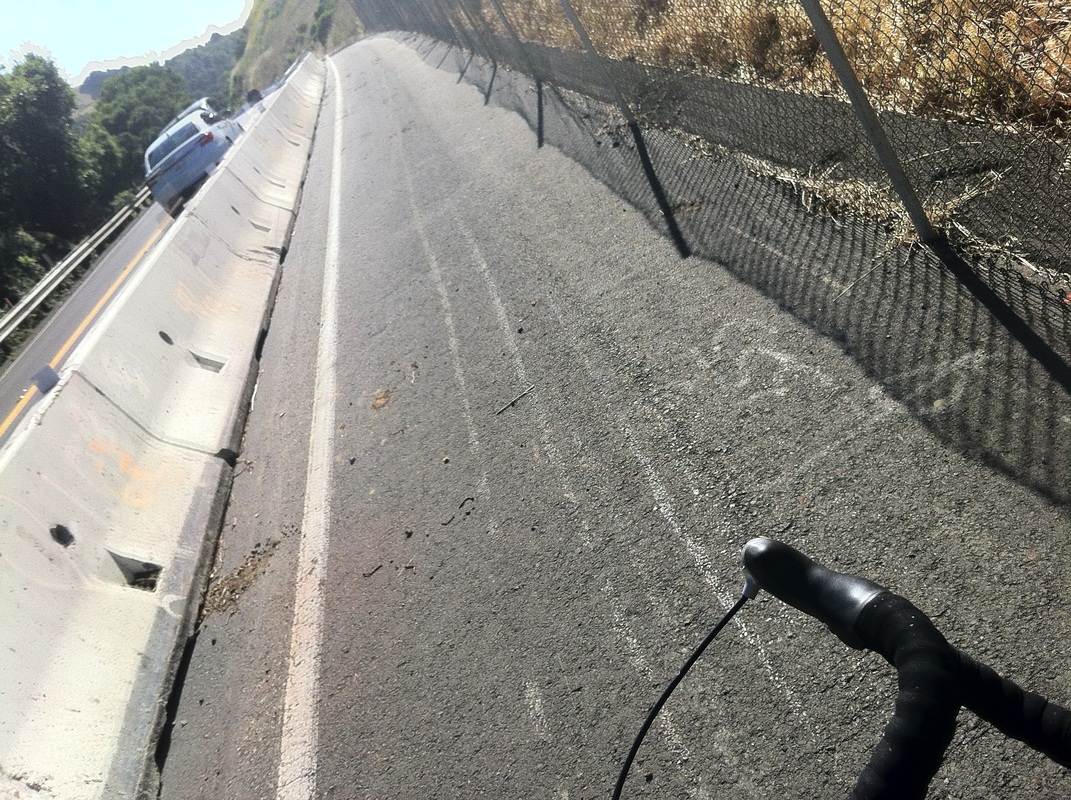
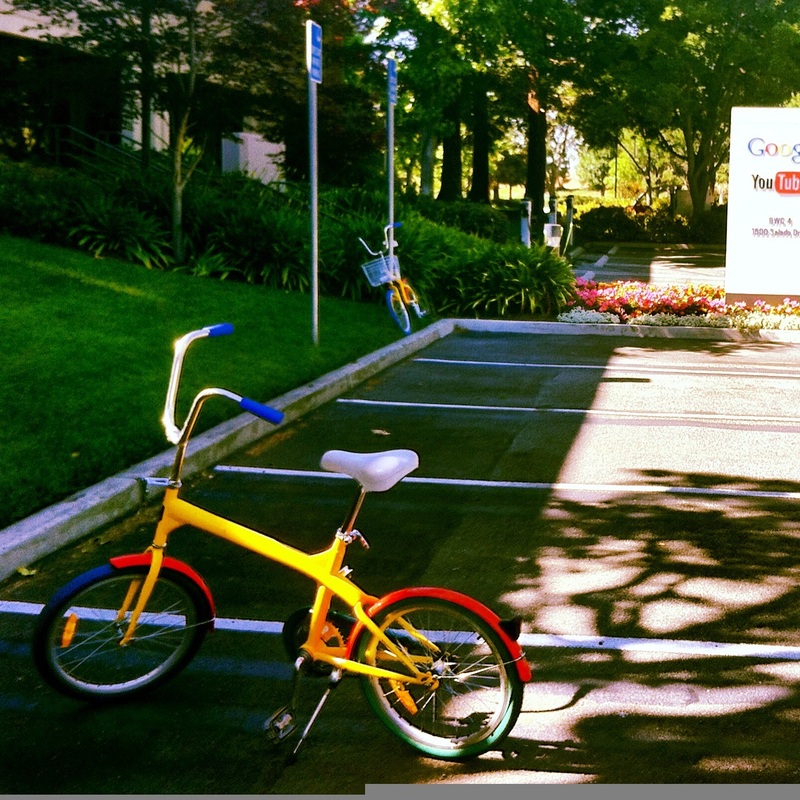

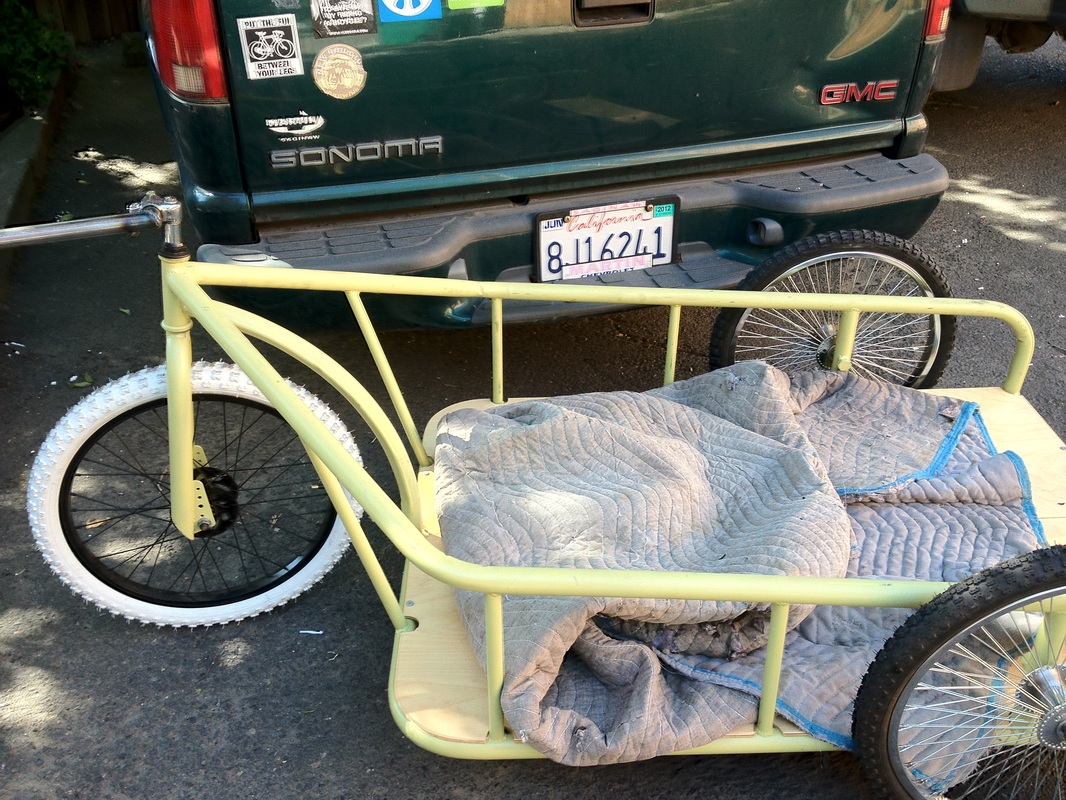
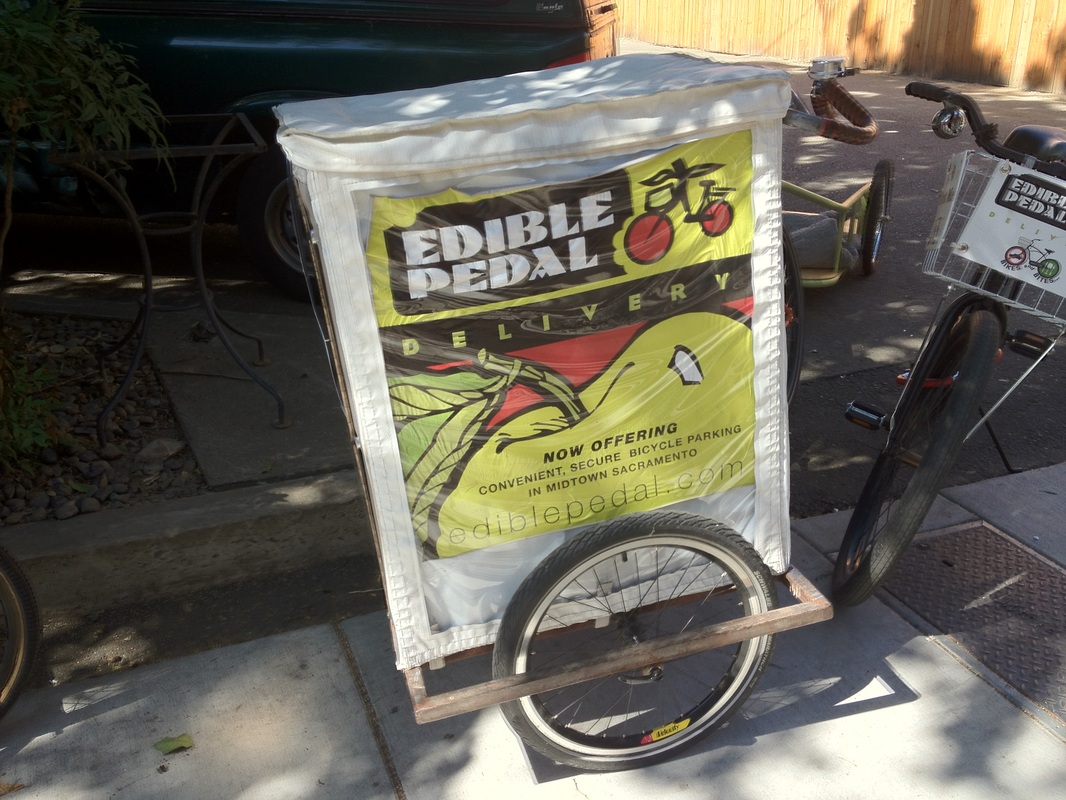
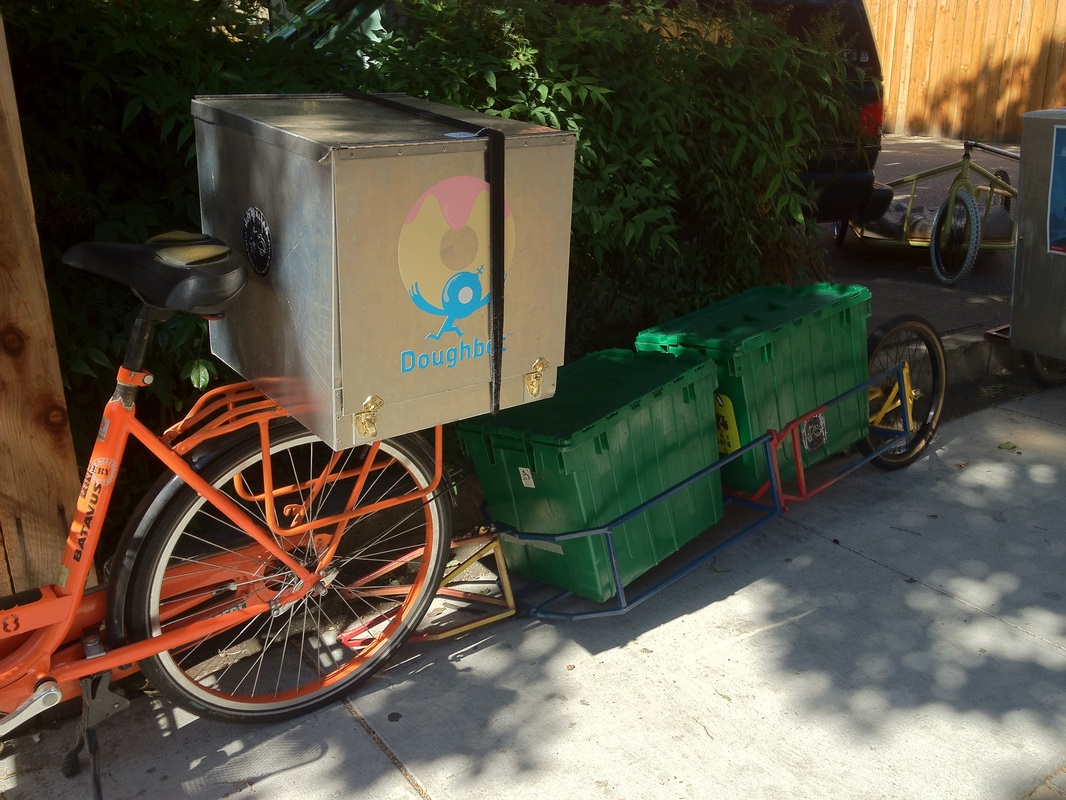
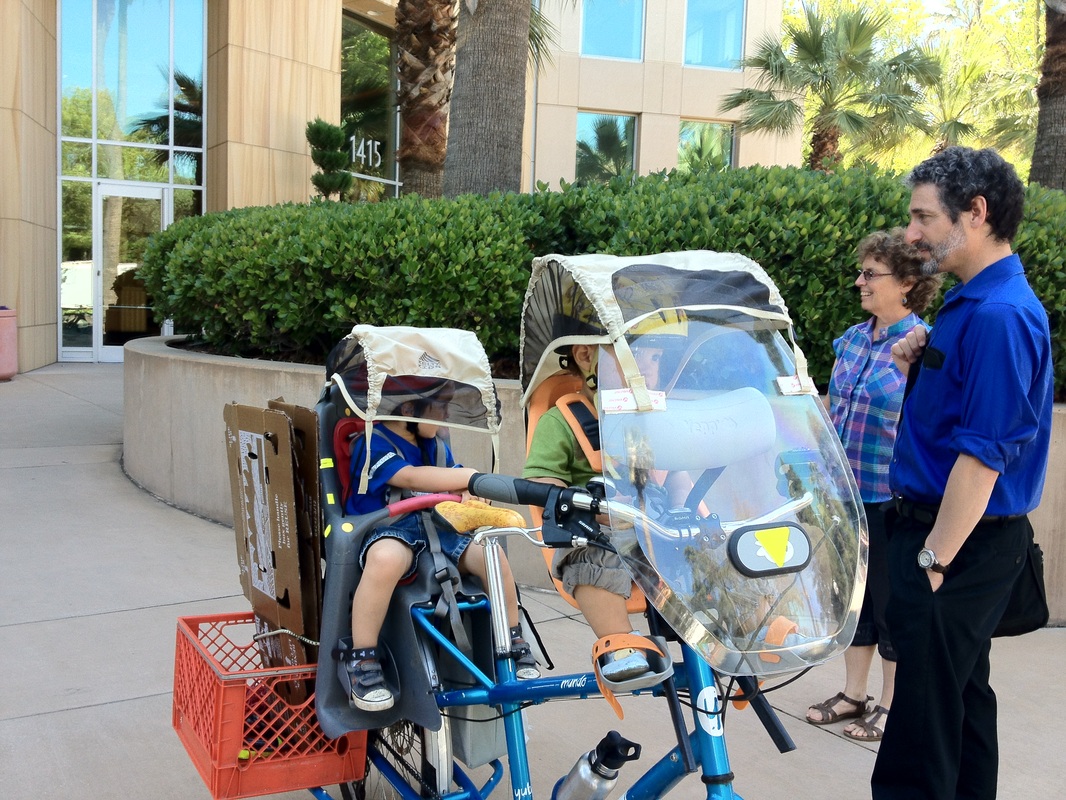
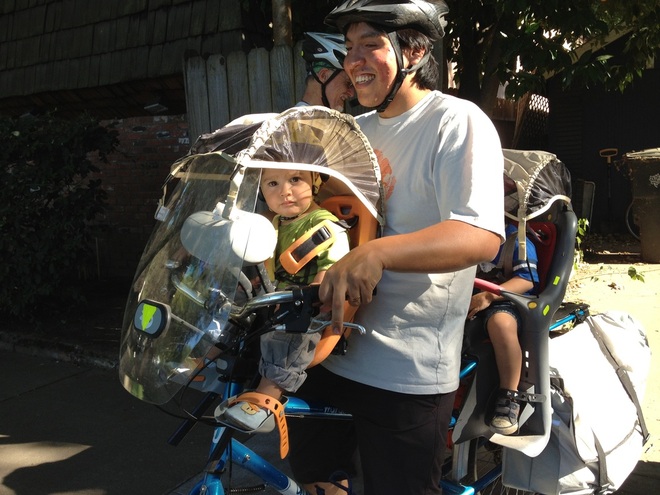
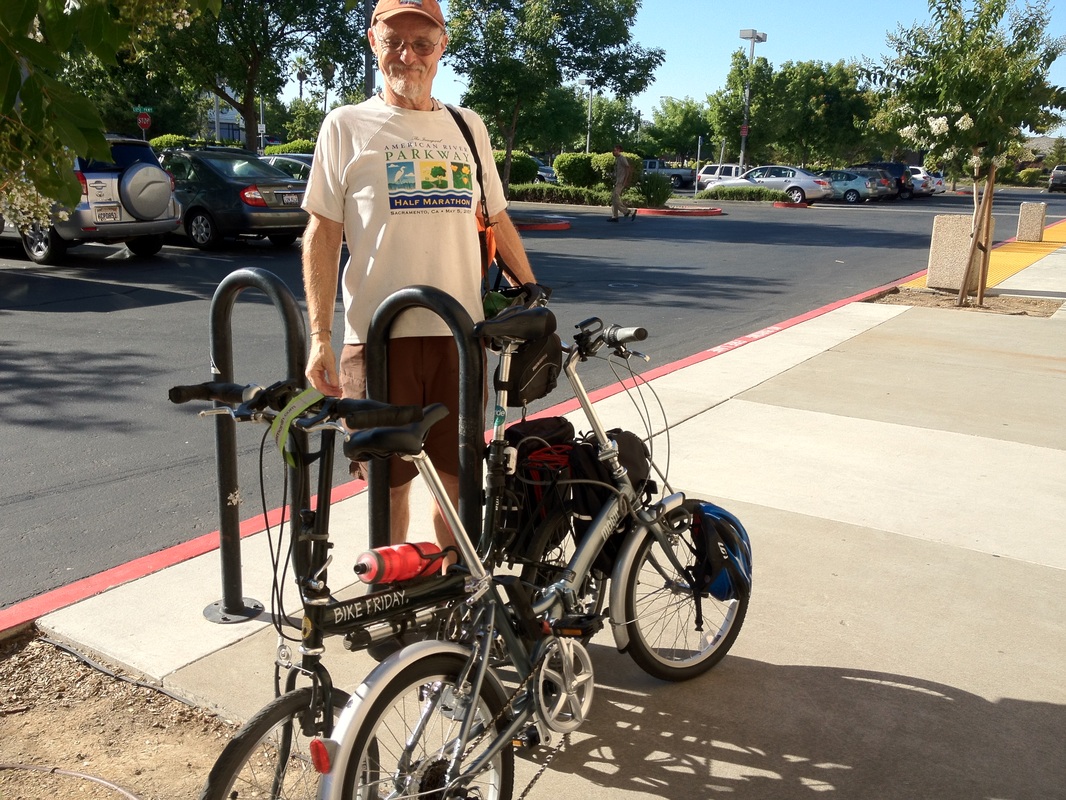


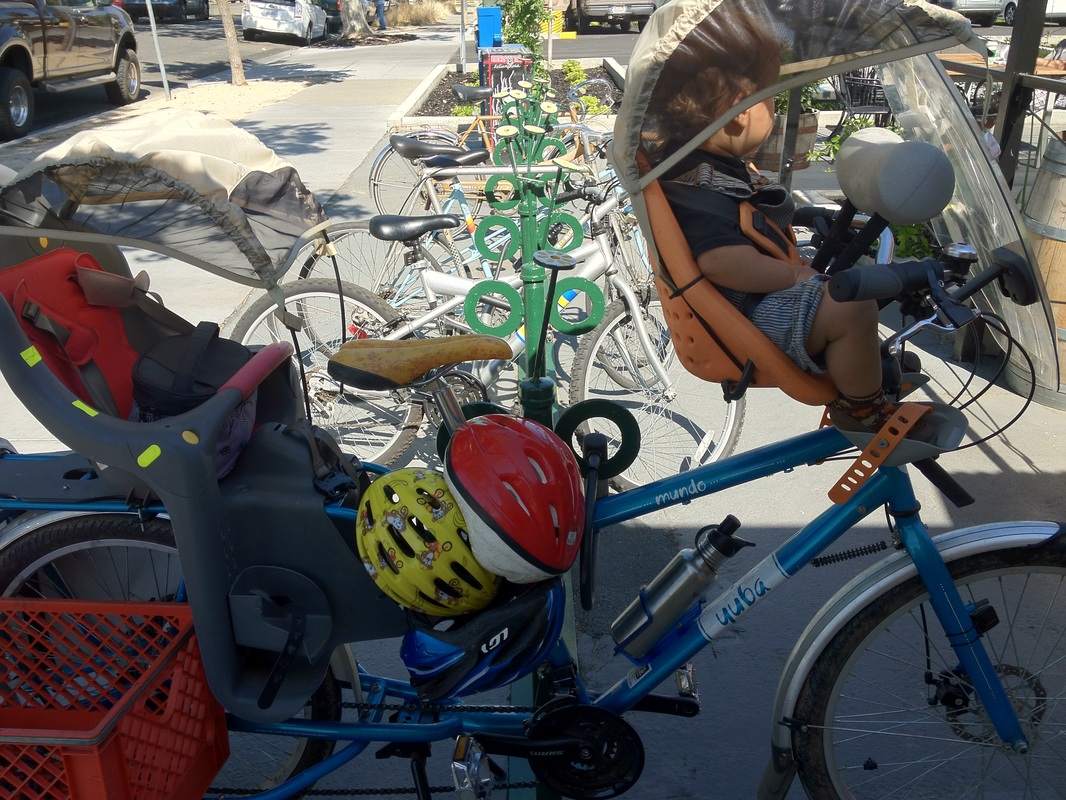
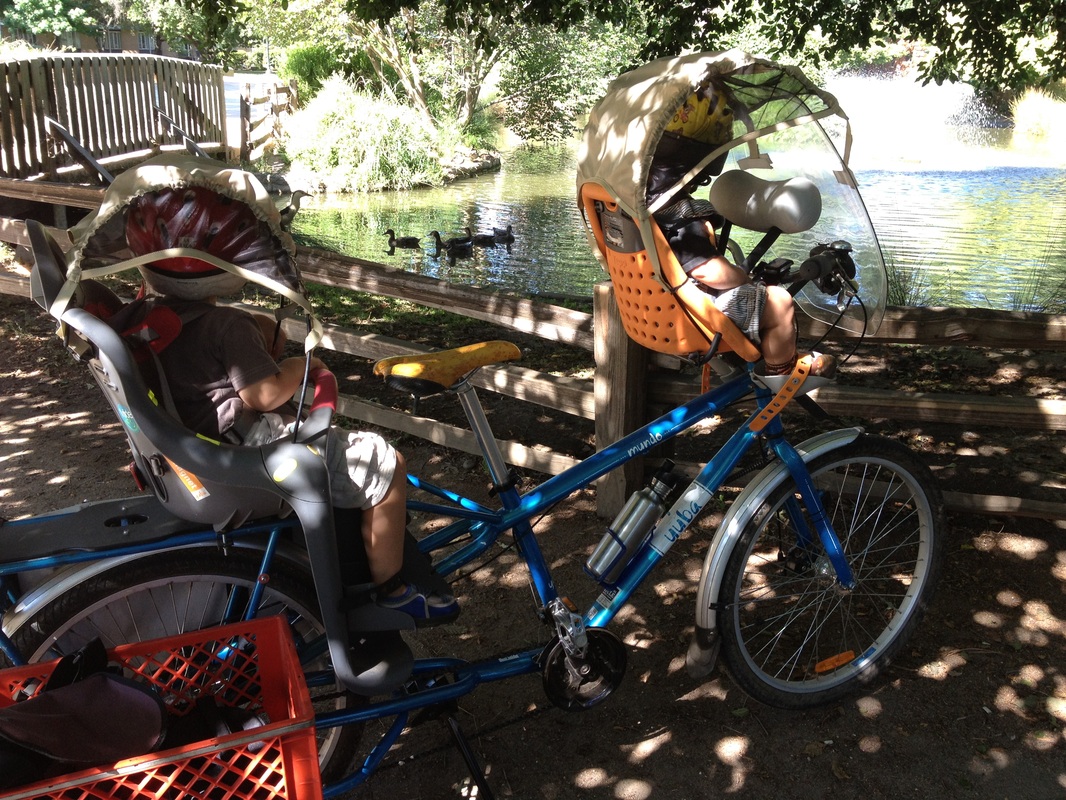
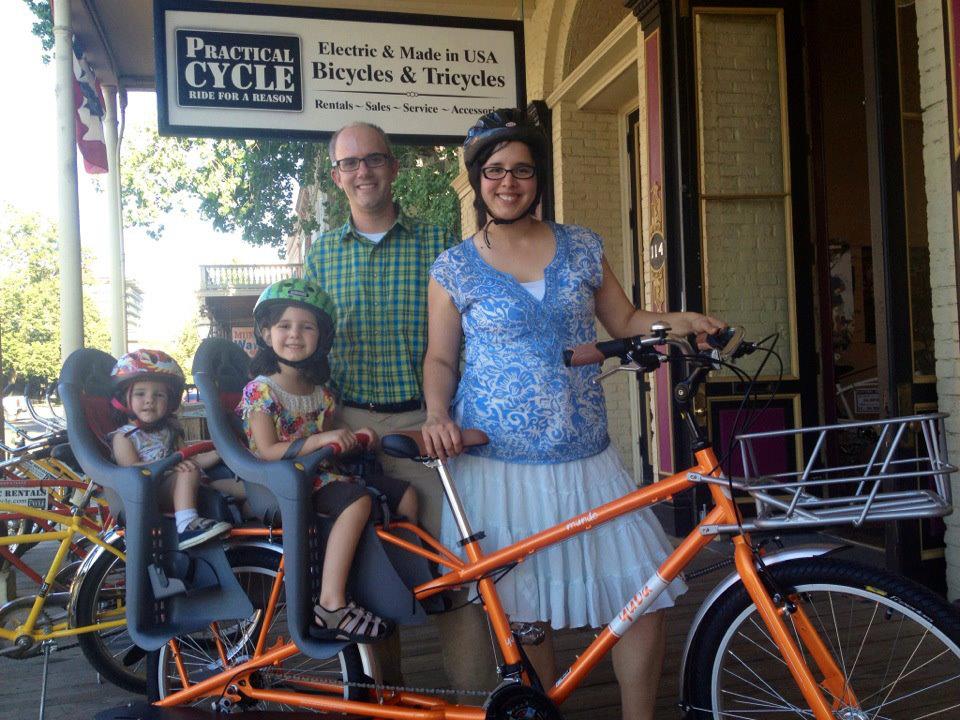

 RSS Feed
RSS Feed
